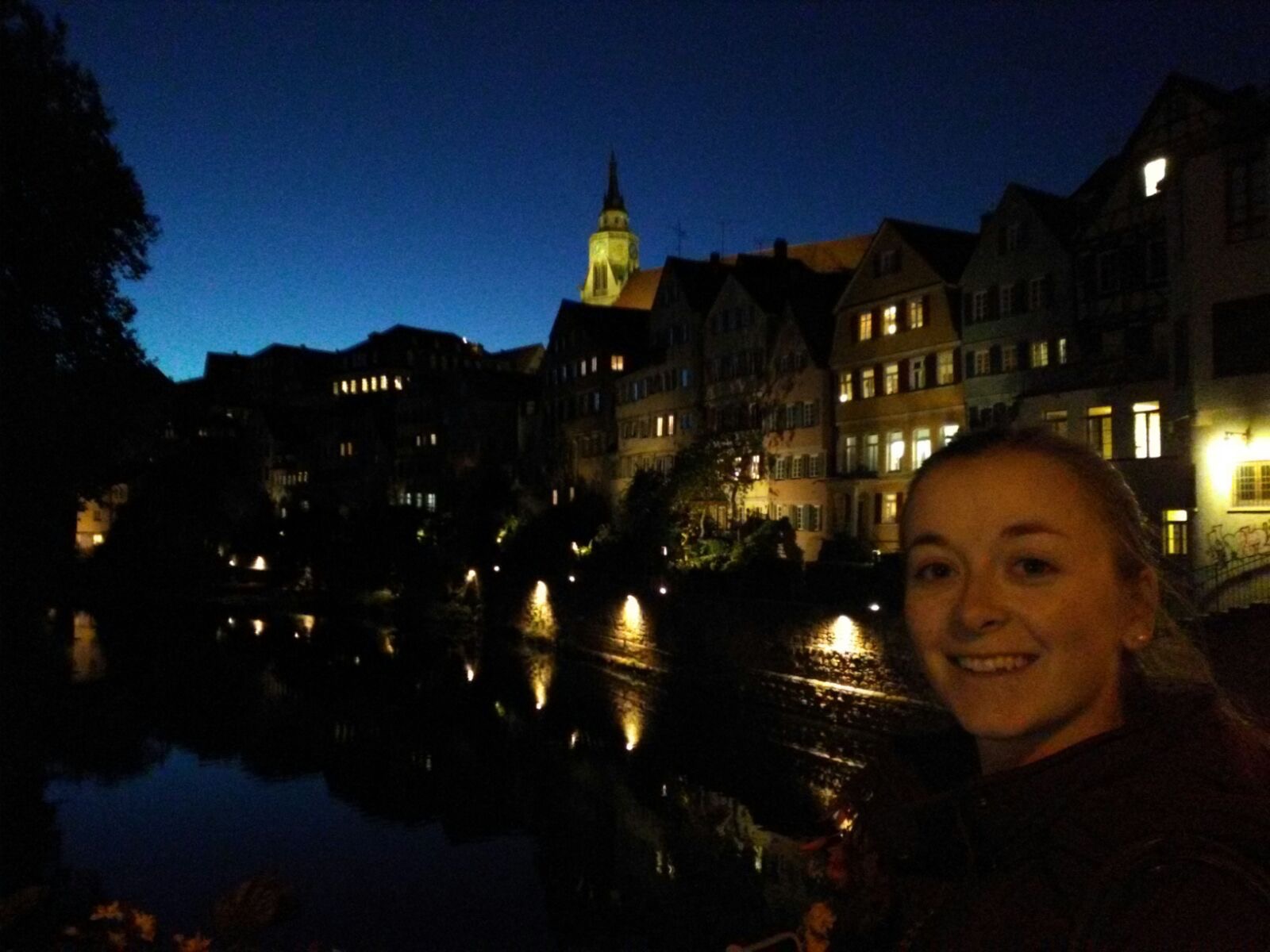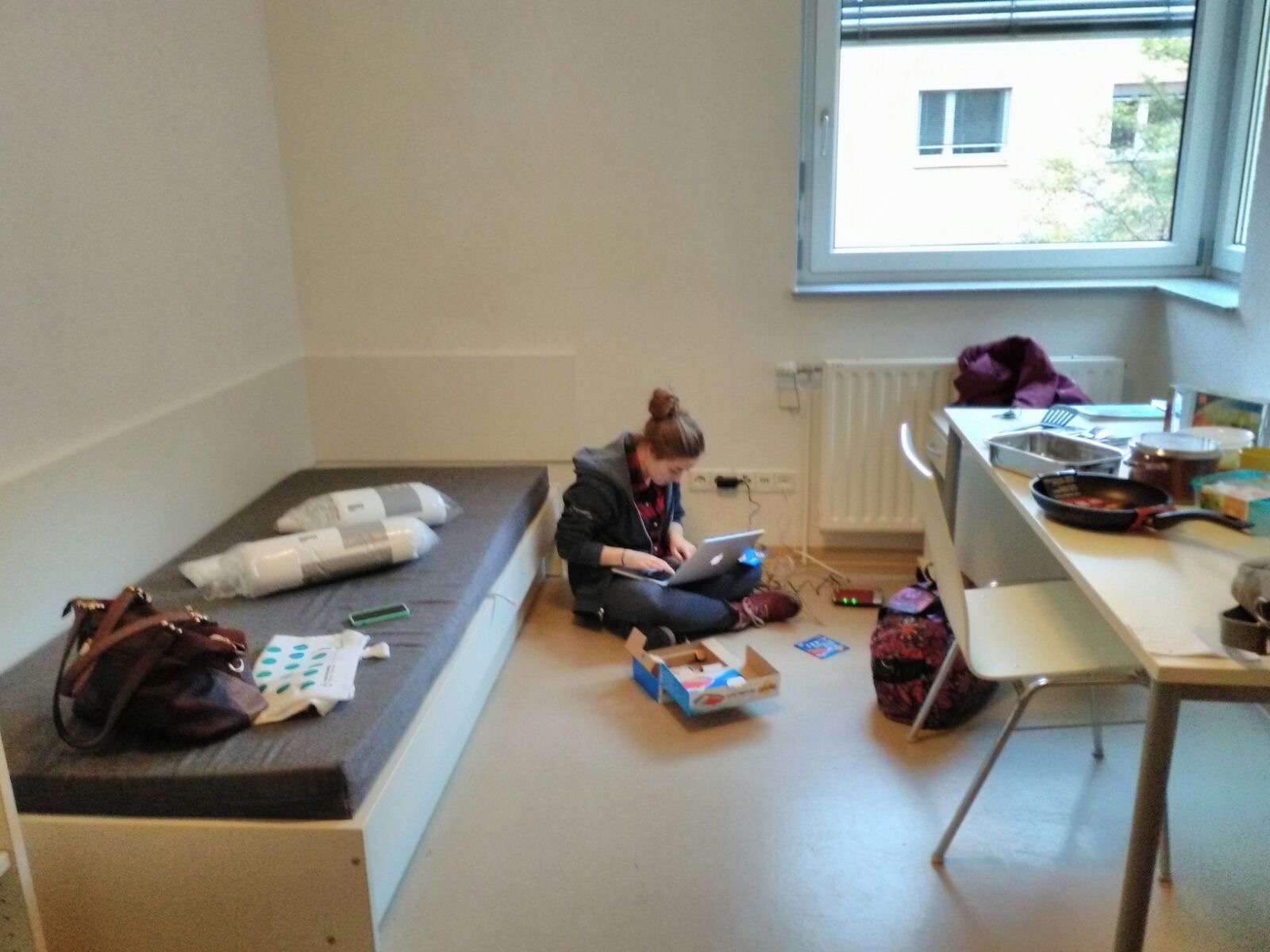Best private schools in France and their cost
Planning to move your family to France and looking for a private school? Check out our complete list of the best private schools in France and their cost.

Rachel Bermingham, currently on her erasmus year in Germany at the University of Tübingen.
A huge part of the erasmus experience is based on where you choose to spend it. It may seem like a daunting decision at the time, but dedicating time and effort towards it really pays off.

If like me you study a language and have to go to the country to speak it, this certainly makes the decision easier. For me the possibilities were brought down to Germany, Austria and parts of Switzerland.
See how easy is it to get to your chosen university. If you intend on travelling home a fair bit during your stay, take into account how easy it is to get to the airport. Beware that flight schedules won’t always be the same. The glorious direct flight from Dublin to Stuttgart that I pinned all of my hopes on actually didn’t run from October to April – a fact I found out after I had been accepted to Tübingen. This doesn’t mean you have to choose a university based on its proximity to a cheap budget airline, but it’s definitely useful to be aware.

If your home university requires you to take certain courses, be sure that universities you research as potentials ones to apply for offer the right subjects for erasmus students. If you’re a language student, see what courses are taught in English as it can be helpful to take a course or two that gives your brain a slight rest from all the foreign language classes.
If you move to Spain without speaking a word of Spanish, I seriously recommend choosing a university that offers beginners language classes for students. If you are required to take language credits to satisfy your home university, classes that treat you as an international and not a native speaker are incredibly useful. This way you can swap such courses as ‘medieval prose in 18th Century poetry’ to ‘language for business’ for the same amount of credits, but perhaps more suited to your language ability.

Certain cities are more expensive to live in than others. If finances play a part in your decision, then researching the average cost of living among cities can make all the difference. Capital cities will always be more expensive to live in than smaller towns, so it depends what your priorities are.
Universities vary in the level of help they provide for helping you find accommodation. The cost of where you live is one of the biggest expenditures over the whole year of study so it’s important that you chose somewhere affordable for your budget. It’s also where you’ll call home for a significant period of time, so somewhere that suits you should factor highly in your decision making.

Ask your home university to put you in touch with any students from previous years who studied abroad in any of your desired places.. It can be incredibly useful to be able to get advice from those with first-hand experience of living and studying there - plus it's the perfect time to ask any question, regardless of how small or silly it may seem.
What it really comes down to is making sure you focus your energy on picking the place you can feel most at home. If you don’t like big cities, research smaller university towns. If you can’t live without being on a particular sports team, search for somewhere that has great facilities for this. Homesickness is completely normal, but can be overcome. Whether this means receiving something that reminds you of home or paying for a visit back every once in a while, before you know it homesickness will be a thing of the past.
Rachel is an Irish student, currently on her erasmus year at the University of Tübingen, Germany.
*Please see terms of use and product availability for your region or visit Wise fees and pricing for the most up to date pricing and fee information.
This publication is provided for general information purposes and does not constitute legal, tax or other professional advice from Wise Payments Limited or its subsidiaries and its affiliates, and it is not intended as a substitute for obtaining advice from a financial advisor or any other professional.
We make no representations, warranties or guarantees, whether expressed or implied, that the content in the publication is accurate, complete or up to date.

Planning to move your family to France and looking for a private school? Check out our complete list of the best private schools in France and their cost.

Planning to move to South Africa and looking for a private school? Check out our complete list of the best private schools in South Africa and their cost.

Planning to move your family to Ireland and looking for a private school? Check out our complete list of the best private schools in Ireland and their cost.

Considering teaching English in Japan? Explore our insightful guide on requirements, teaching programs, job prospects, salary expectations, and more.

Considering teaching English in Taiwan? Explore our insightful guide on requirements, teaching programs, job prospects, salary expectations, and more.

Considering teaching English in China? Explore our insightful guide on requirements, teaching programs, job prospects, salary expectations, and more.